The 18th Swiss Geoscience Meeting 2020 now invites abstracts for talks and posters pertaining to all aspects of Geosciences.
Deadline to submit is 21 August 2020.
Abstracts will be categorised following the indications given by the authors in the abstract submission form. The conveners of each session will organise oral and/or poster presentations depending on the number of submissions and their relevance. Abstracts will be available as PDF documents from the SGM homepage free of charge. There will be no printed version of the abstract volume distributed at the meeting. Please note that abstract submission does not replace the registration for the meeting. Each participant must register for the meeting.
Language
Abstracts should preferably be submitted in English. They can however also be submitted in one of the four swiss national languages.
Abstract Size
Your abstract should not exceed 2 pages in the format of the model abstract including optional figures, captions and references. Please download the abstract model and make use of the pre-defined styles included in the model and consider the following points when writing your abstract:
Submit Your Abstract
Before submitting your abstract, review the abstract infos page where you will find important formatting instructions.
Submit your abstract electronically using the online abstract submission form, following the instructions on the abstract infos page.
MRI Activities at the 18th Swiss Geoscience Meeting
Conveners: Carolina Adler, Iago Otero, Emmanuel Reynard, Jörg Balsiger, Aino Kulonen
Read more about this symposium here.
Photo of Eagle Nebula’s “Pillars of Creation” by NASA/ESA/Hubble Heritage Team (STScI/AURA)/J. Hester, P. Scowen (Arizona State U.)


